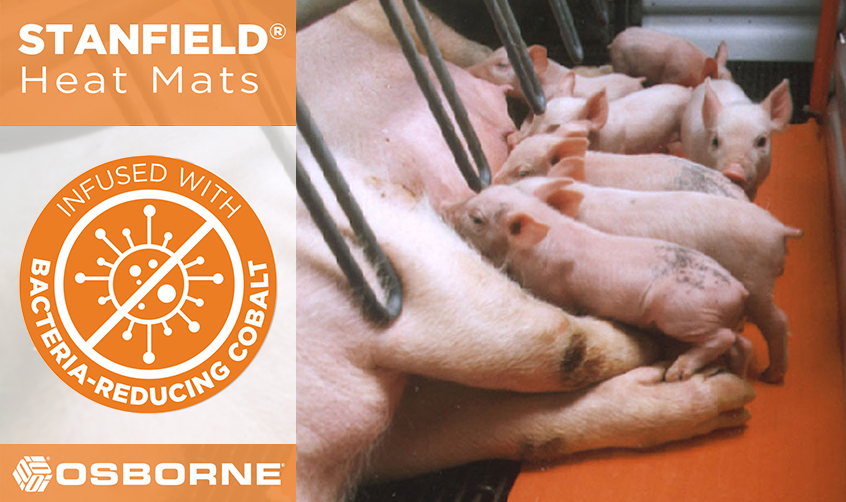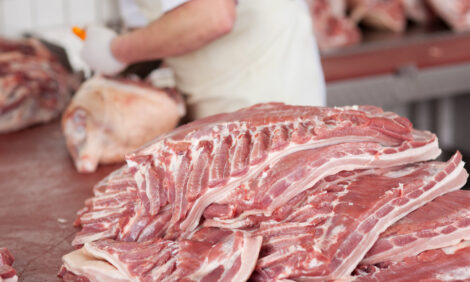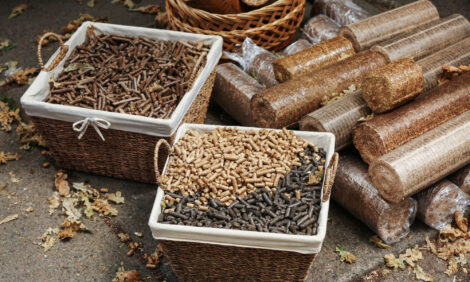



Call for Ban on Non-Therapeutic Use of Antibiotics
INDIA - The Humane Society International has called on the Indian government to impose a ban on the non-therapeutic use of antibiotics in farm animals.The Humane Society International says the ban is necessary for both animal welfare and human health concerns.
The National Policy for Containment of Antimicrobial Resistance, released last month, similarly expressed concerns over the use of antibiotics as growth promoters in farm animals, particularly poultry, and called for an intersectoral coordination committee to develop regulations on the use of antimicrobials in animals, and to create labelling requirements for animal source foods produced with antibiotics.
Currently there are no regulatory provisions in the country regarding the use of antibiotics in farm animals.
“We hope that the Ministry of Health recognises the importance of these recommendations and imposes a ban on the non-therapeutic use of antibiotics in farm animals” said N.G. Jayasimha, manager of HSI’s factory farming campaign in India.
“It is imperative that intersectoral coordination committee takes action to address the routine and dangerous use of antibiotics on India’s factory farms.”
The Humane Society International says that the unnatural crowding of animals and their waste in factory farms creates such a strain on the animals’ immune systems that normal body processes like growth may be impaired. A constant influx of antibiotics is thought to accelerate weight gain by reducing this infectious load.
However, it says that indiscriminate antibiotics use may select for drug-resistant pathogens that can affect both human and non-human animals. As the bacteria become more resistant to the antibiotics fed to chickens and other animals raised for meat, they may become more resistant to the antibiotics needed to treat sick people.
Antibiotics and antibiotic-resistant bacteria can be found in the air, groundwater, and soil around farms and on retail meat, and people can be exposed to these pathogens through infected meat, vegetables fertilized with raw manure, and water supplies contaminated by farm animal waste.
The world’s leading medical, agricultural, and veterinary authorities have reached consensus that antibiotic overuse in animal agriculture is contributing to human public health problems.









